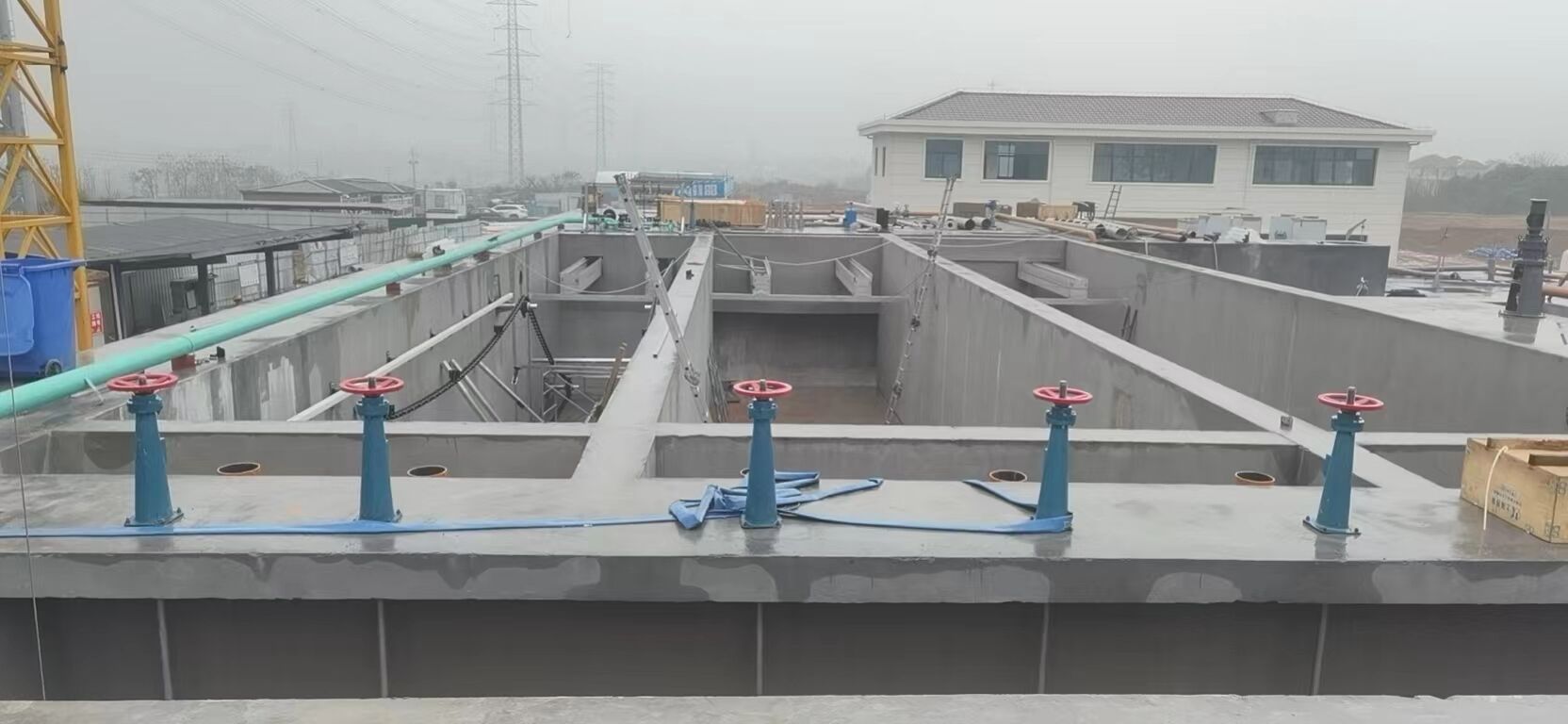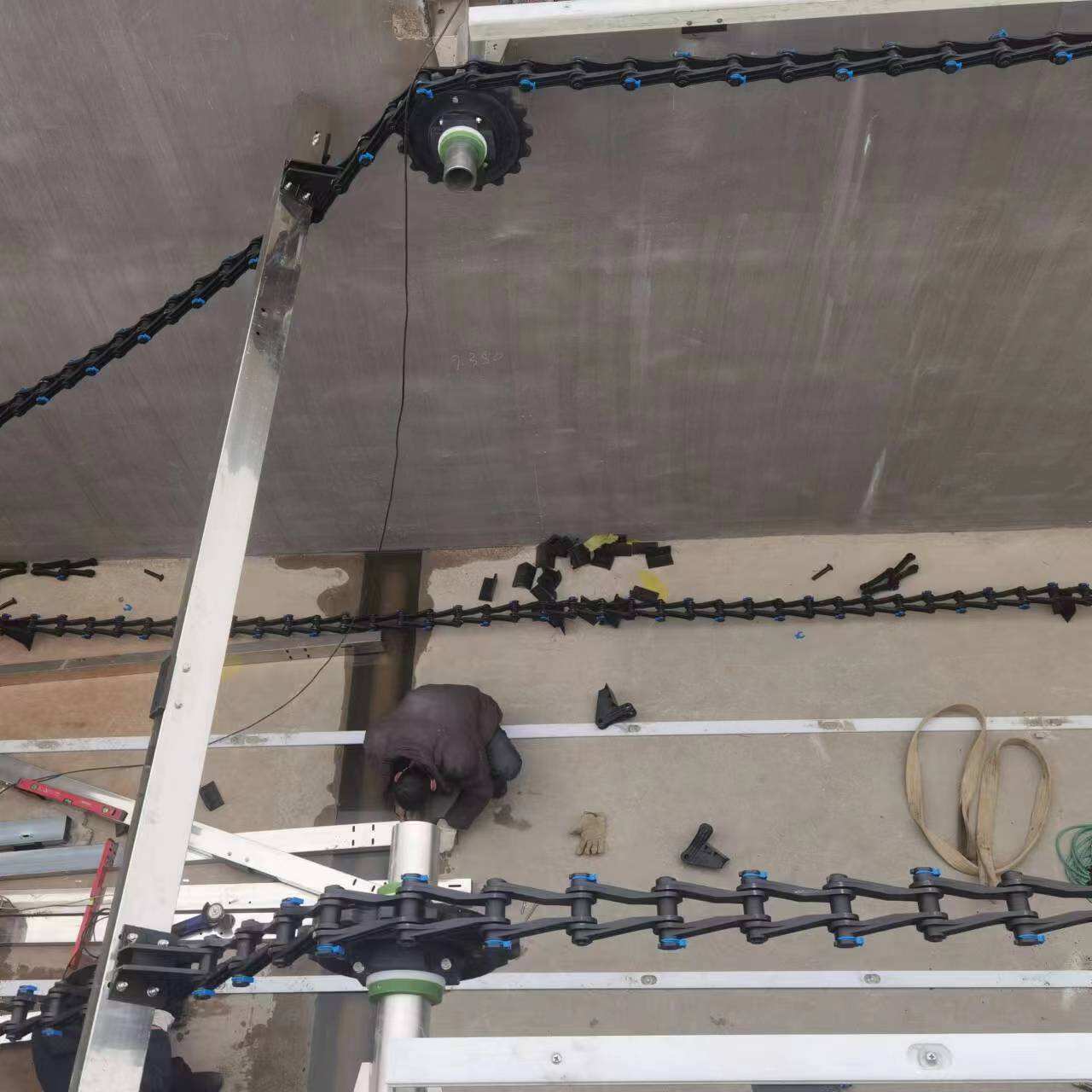
A low energy consumption plastic scraper is designed to significantly reduce the operational power requirements of a sedimentation tank's sludge collection system. This efficiency is achieved through several intrinsic properties of its engineering plastic construction. Firstly, plastics like HDPE and UHMW-PE have a density significantly lower than that of steel (often less than one-eighth). This drastically reduces the moment of inertia and the weight that the drive mechanism must move, directly lowering the torque and horsepower required. Secondly, these materials have a naturally low coefficient of friction and are self-lubricating. This allows the scraper blades and structural members to move through the water with minimal hydrodynamic drag and with less resistance against the tank floor compared to metal. Thirdly, the corrosion-resistant nature of plastic means that the system never experiences the increased friction caused by surface rust and pitting that plagues metal scrapers over time. The cumulative effect is a dramatic reduction in energy draw from the drive motor, often quantified as energy savings of 20% to 40% compared to conventional metal scraper systems. This reduction in energy consumption directly translates to lower operating costs and a reduced carbon footprint for the treatment facility, contributing to its sustainability goals. Our scrapers are meticulously engineered to maximize these energy-saving properties without compromising on collection efficiency. For an estimate of the potential energy savings for your plant, we encourage you to contact us with your current operational data.
